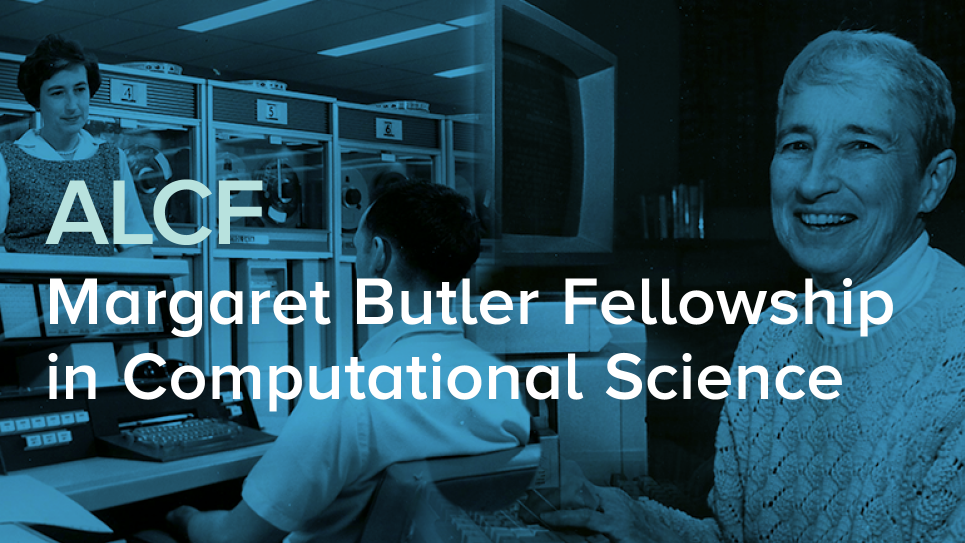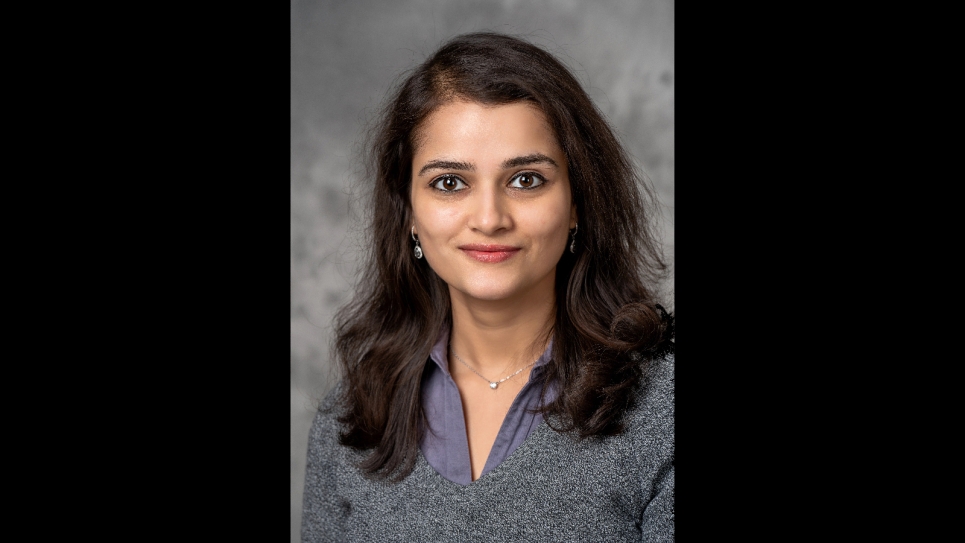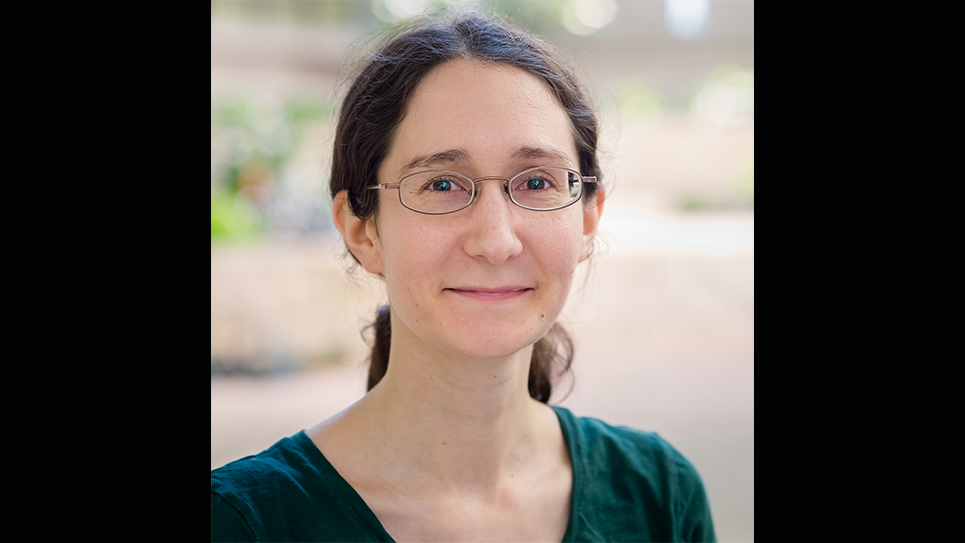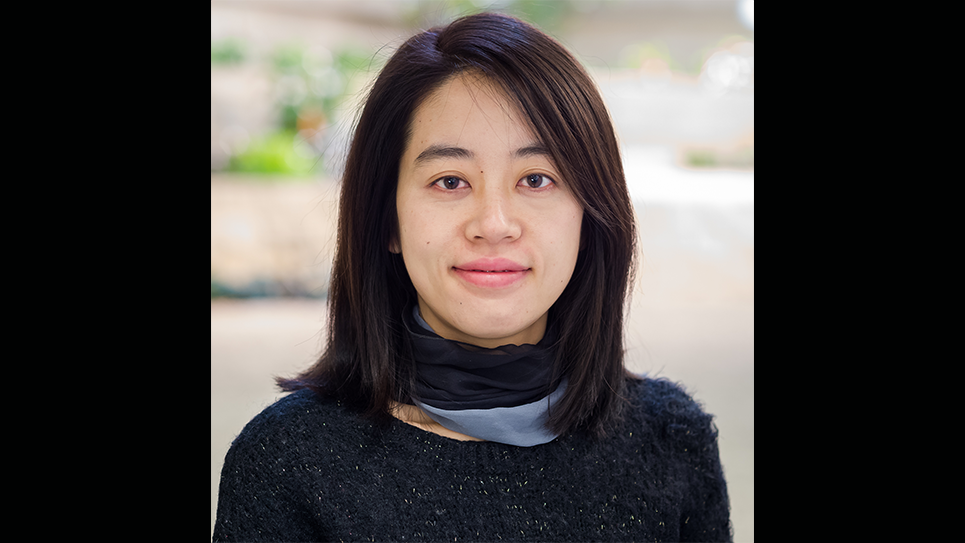
Margaret Butler Fellowship in Computational Science
The ALCF Fellowship provides an opportunity to help chart future directions in scientific computing.
The Argonne Leadership Computing Facility's Margaret Butler Fellowship in Computational Science is an exciting and unique opportunity to lead and contribute to the development of new scientific applications for high-performance computing (HPC). This includes exploring techniques to substantially improve the performance and range of science and engineering applications supported at the ALCF, one of the world’s premier HPC centers. The fellow will work closely with multidisciplinary ALCF and science project teams throughout the HPC community to help chart the future direction of scientific computing and leadership-class supercomputing facilities.
The fellowship is typically a two-year appointment with a renewal process after the first year.
This year's position has been filled. We are currently not accepting applications.
Please contact mbfellowship@alcf.anl.gov for any questions about the fellowship.
Application Requirements
- A one page research plan or a summary of research interests that align with the fellowship's mission of broadening domain science in leadership-class computing
- Cover letter
- CV
Letters of recommendation will be requested later for candidates who are identified as finalists.
Position Requirements
Candidates must either have a recent PhD in a related field, or be awarded a PhD prior to the start of the appointment. Ideal candidates are expected to have:
- Knowledge of high-performance computational science, examples include but not limited to: computational biology; chemistry; earth science; engineering; materials science; nuclear energy; physics; renewable energy; energy science; and mathematics
- Skill in the solution of computational science problems using scalable parallel computers and large data systems
- Effective analytical and problem-solving skills to contribute to creative solutions to complex problems
- Good communications skills, both verbal and written
- Good collaborative skills, including the ability to work well with other labs, universities, computing centers, and industry
- Ability to keep abreast of advances in areas of interest, thereby enabling more effective interactions with researchers
ABOUT MARGARET K. BUTLER (1924-2013)
This Argonne-based fellowship program is named in honor of Margaret K. Butler, a pioneering scientist who spent her career at the leading edge of computer science and nuclear energy. She programmed the first digital computers at Argonne National Laboratory in the early 1950s, helped design subsequent ones, and contributed to simulations of nuclear power reactors. Butler was the first female Fellow at the American Nuclear Society and director of the National Energy Software Center. Her analytical talents, vision, and drive led to a lifetime of scientific contributions.




